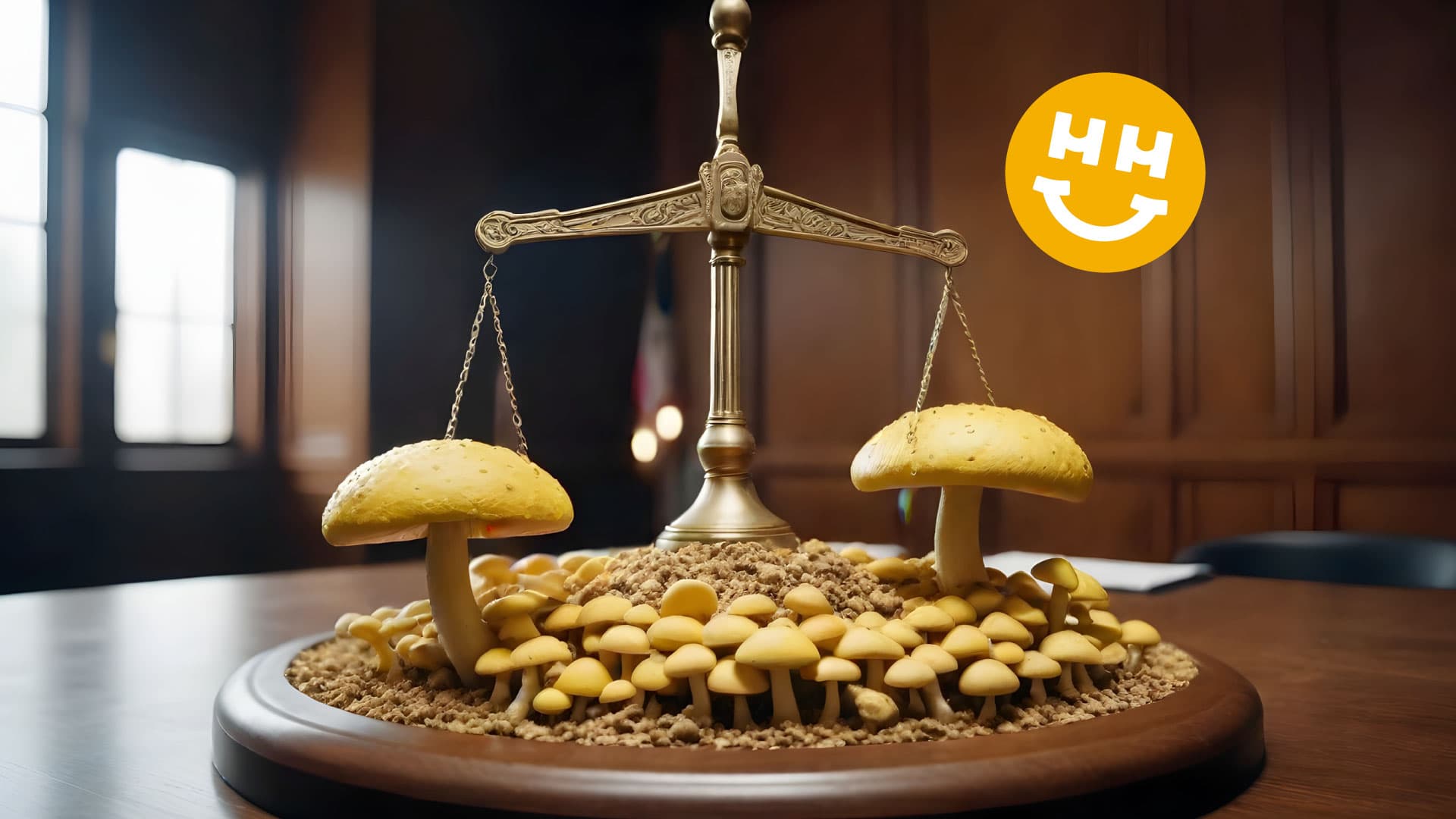Nizozemsko je po desetiletí známé svou flexibilní legislativou týkající se (měkkých) drog. V současné době je Nizozemsko stále jedinou zemí na světě, kde se kouzelné lanýže legálně prodávají ve fyzických obchodech a přes internet. Přesto existují určitá pravidla, která musí prodejci dodržovat z nizozemského práva. Někdy může být nejasné, co je a co není povoleno s ohledem na psilocybin, účinnou látku v lanýži, v Nizozemsku. Pokud se to týká i vás, pak tento blog může tuto šedou zónu objasnit.
Shrooms vs. Lanýže
Pokud jde o psychedelické houby, většina lidí, zejména Nenizozemců, bude znát houby: kouzelné houby nebo muchomůrky. Ačkoli kouzelné houby, stejně jako lanýže, mají jako účinné složky psilocybin a psilocin, nizozemské zákony mezi nimi rozlišují. Houby rostou nad zemí a jsou v průměru 3 až 5krát účinnější než lanýže. Lanýže naopak rostou pod zemí. Do roku 2008 se kouzelné houby, sušené i čerstvé, prodávaly legálně ve smartshopech. V té době nebyly lanýže vlastně ani komerčně dostupné. Kvůli některým incidentům (zpochybňujícím údajnou roli psychedelické houby) však již bylo zakázáno prodávat čerstvé nebo sušené houby. K tomu se však našla alternativa, kterou známe jako lanýže, přesněji řečeno „sklerocia“, která stejně jako kouzelné houby obsahují psilocin a psilocybin.
Legální na prodej pouze čerstvé lanýže?
Lanýže, které najdete ve smartshopech nebo online, lze prodávat pouze čerstvé . Jakákoli forma zpracování je zakázána. To zahrnuje jejich zpracování na tinkturu a na jedlé produkty, jako je čokoláda a nápoje. Lanýže se také nesmí sušit. Lanýže proto vždy dostanete ve vakuově tažených sáčcích, které zaručují čerstvost. Je však povoleno nabízet různé porce, například po 10, 15 nebo 22 gramech. Povolena jsou také mikrodávková balení, kde jsou lanýže často baleny po 1 gramu. Kombinování mikrodávkových lanýžů s jinými produkty je povoleno, pokud lanýže nejsou zpracovány, a proto jsou baleny odděleně.
Nizozemský zákon o opiu
Látky psilocin a psilocybin jsou podle zákona o opi nadále klasifikovány jako tvrdé drogy, a jsou tedy na seznamu 1 tohoto zákona. Houby obsahující tyto látky jsou však na seznamu 2 opiového zákona. Není však zakázáno prodávat čerstvé lanýže a legální je i prodej sad na pěstování hub. Tyto produkty mohou být prodávány pouze ve speciálně licencovaných obchodech nebo smartshopech. Prodej lanýžů a pěstitelských sad je navíc určen pouze osobám starším 18 let . Není stanoveno maximální množství lanýžů, které si může osoba koupit nebo nosit.
Závěr:
Orientace v právním prostředí kolem prodeje kouzelných lanýžů v Nizozemsku může být složitá. I když jsou tyto psychedelické látky legálně dostupné ke koupi, jejich distribuci a použití diktují přísné předpisy. Pochopení rozdílu mezi lanýži a houbami, stejně jako dodržování nizozemských zákonů, jako je opiový zákon, je zásadní pro prodejce i spotřebitele. Dokud jsou tyto pokyny dodržovány, mohou jednotlivci bezpečně prozkoumávat jedinečné účinky magických lanýžů a přitom se držet v mezích zákona.


